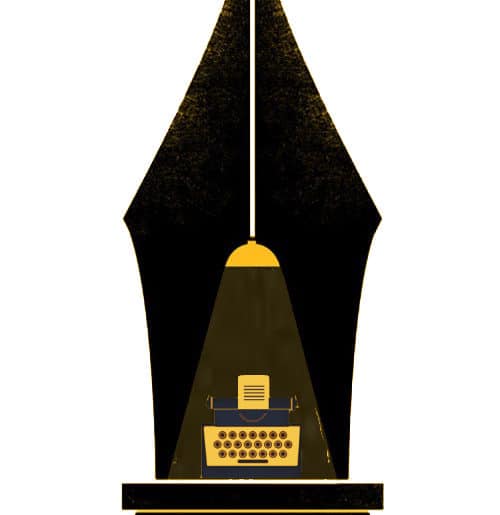Many students have seen their peers or themselves face parental pressure about studying Science, we look at why the older generation has a bias for the Sciences and whether it is valid.
Many of us have come across phrases such as “Acche marks aaye 10th mai, Science lelo” (you got good marks in 10th, take Science), “Humanities wala hai, pakka padhayi nahi karta hoga” (they are from Humanities, they must not study), and so on. In Indian middle-class society, the classification of those who pursue humanities as intellectually inferior to those who are in Science is constant.
While Science is an essential part of human life, there are many fallacies one can point out in the Indian education system even in the Science stream, the hyper-competitive nature of it being the very obvious call out, with children being enrolled in coaching and preparing for entrance exams from a very early age. The other being how the learning administered in many colleges does not make graduates employable. A report by India Today in 2019 stated that out of 1.5 million engineering graduates every year, around 80% of them are unemployable. The basic reasoning which one can gather behind this preference for sciences is that people look at it as the safe option, one through which they can find a steady career and future. We have heard older generations say, “Hamare time pe options siraf doctor, engineer, aur lawyer thhey” (the only options we had were doctors, engineers, and lawyers). This mindset still plays a vital role when parents and their children decide which stream to pursue, with many parents still asking and/or forcing their children to take science.
Miley, a second-year student from Lady Shri Ram College (LSR), whose parents told her to take science said, “My parents felt the only reason to not take Science as if you were not smart enough and it’s supposed to be a trophy for them. They cared little if I pursued a career in Science, I just wanted everyone to know that I was “smart enough” if I wanted to. I ended up doing Honors in English from one of the best colleges and yet all they think I do is a B.A.” Shivam, a student preparing for his JEE Mains said, “My parents always wanted me to take Science, and it’s something which I have always wanted too, so I would not say it was forced. Yes, preparing for competitive exams takes a lot of time and dedication but it’s time I am willing to put in to secure my future.” Now while Shivam and many like him strive to break into the topmost colleges in their streams, the stereotype of humanities kids being their opposites falls flat. To get into Delhi University (DU) and many other universities, students have to compete against extremely high cut-offs and unpredictable board examinations. The This obsession of Indians with science leaves one with the following conclusion, just because something is followed by the majority, does not mean it’s in everyone’s best interest. There’s no Mantra that can guarantee you success, but doing something out of pressure for the sake of approval definitely won’t help. And this kind of obsession is certainly unhealthy and will become problematic in the long run, given the current economic conditions of our country. It’s high time that we introspect our basis of decision-making, because even if this obsession with science helps someone achieve success, it doesn’t guarantee happiness that was lost along the way. idea of Humanities being for those who slack off or are not willing to work as much as other streams immediately takes a hit. In the end, one can see that the stream does not decide a person’s employability or worth, and the larger problem itself lies with the education system in India. A system which places rote learning and education without questioning as its foremost agenda, a system in which arguably the very idea of knowledge is lost in the quest to gain that extra percentage points or a higher rank than others, a system which prefers pitting students against each other and propagating ideas of intellectual superiority on the basis of streams rather than allowing students to learn from each other.
Feature Image Credits : Arre
Prabhanu Kumar Das



